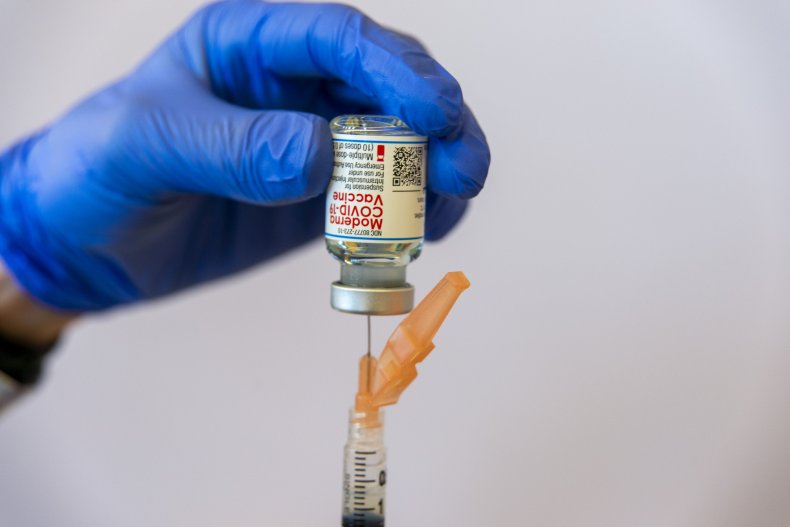On Friday, Johnson & Johnson revealed new details regarding its COVID-19 vaccine candidate. But how does it stack up against shots that are already available in the U.S. or others that could be authorized for emergency use soon?
Johnson & Johnson
The Johnson & Johnson vaccine only requires one shot, which the company has said it will provide on a "non-profit" basis for the duration of the pandemic—costing around $10 a dose.
While an ongoing Phase III clinical trial assessing the vaccine has yet to be completed, the company has announced that the vaccine was 66 percent effective overall in preventing moderate to severe COVID-19, 28 days after vaccination, according to an interim analysis.
Notably, there were differences in efficacy results depending on the location. For example, the efficacy was 72 percent among trial volunteers in the U.S., but 66 percent in Latin America and 57 percent in South Africa—where a new more infectious variant has taken hold—at 28 days after vaccination.
But the vaccine candidate was 85 percent effective in preventing severe disease across all the regions that were studied.
The vaccine is based on a modified adenovirus—a common virus that causes cold-like symptoms—that has been engineered to carry pieces of genetic material from the "spike protein" of SARS-CoV-2, which causes COVID-19.
The company said it expects to apply to the U.S. Food and Drug Administration (FDA) next week for emergency use authorization, with Mathai Mammen, the company's global head of research and development, telling CNN that this could come by late February—although March or April is also possible.
The vaccine can remain stable for two years at -4 degrees Fahrenheit, and at least three months at 35-46 degrees Fahrenheit—about the same as a home refrigerator—according to the company.
Pfizer-BioNTech
The Pfizer-BioNTech COVID-19 vaccine requires two doses, which should be administered 21 days apart.
The vaccine was authorized for emergency use by the FDA on December 11, 2020—becoming the first COVID-19 shot to receive regulatory approval in the U.S.
The vaccine, which is based on mRNA technology, has an efficacy of 95 percent. It contains tiny fragments of genetic code from the SARS-CoV-2 virus, which are injected into the body, enabling the immune system to build up defenses against the disease.
The U.S. is paying $19.50 per dose for the first 100 million doses of the vaccine, which must be stored at a temperature of -94 degrees Fahrenheit.
Moderna
The Moderna COVID-19 vaccine also requires two doses, which should be administered 28 days apart.
Like the Pfizer-BioNTech shot, the vaccine is based on mRNA technology. Clinical trials have shown it be around 95 percent effective.
The FDA authorized the vaccine for emergency use on December 18, 2020—making it the second vaccine to receive regulatory approval in the U.S.
Moderna is charging governments $25-$37 per dose for the vaccine, which is stable at 36 to 46 degrees Fahrenheit for up to 30 days, and can be stored for six months at -4 degrees Fahrenheit.
AstraZeneca-University of Oxford
The vaccine developed by AstraZeneca-University of Oxford has been shown to have an overall efficacy of around 70 percent in large-scale clinical trials.
The vaccine was authorized for emergency use in the U.K. in December, and on Friday the European Medicines Agency approved the shot for use across the 27 member states of the European Union. It likely won't receive approval in the U.S. until spring.
The vaccine, which is based on similar modified adenovirus technology to the Johnson & Johnson candidate, requires two doses administered 28 days apart.

https://ift.tt/2Ytn7HS
Business
Bagikan Berita Ini














0 Response to "The Differences Between Covid Vaccines by Johnson & Johnson, Moderna, Pfizer, Astrazeneca - Newsweek"
Post a Comment